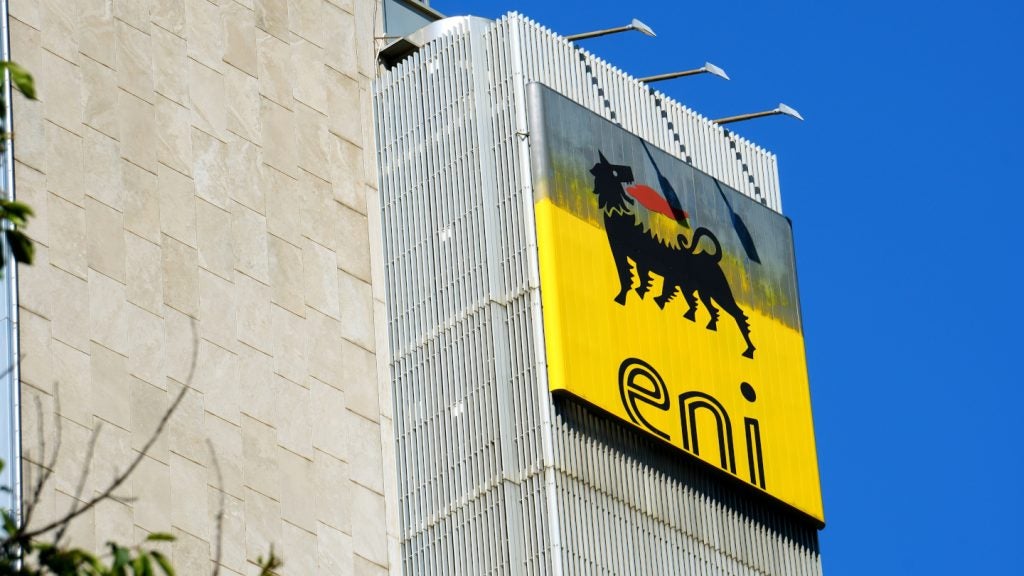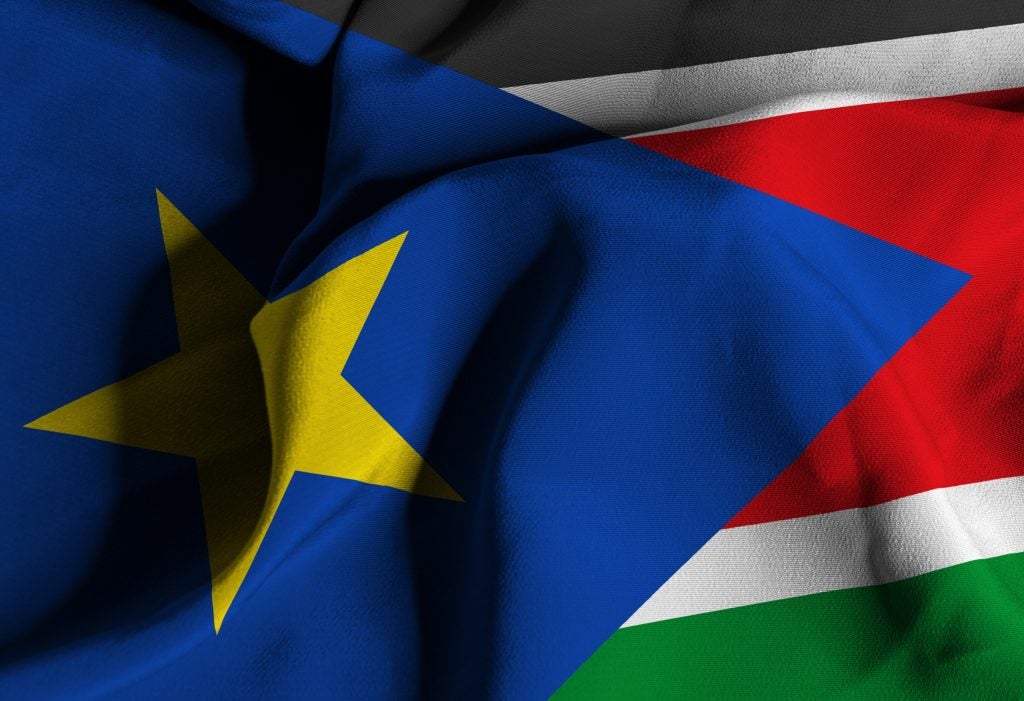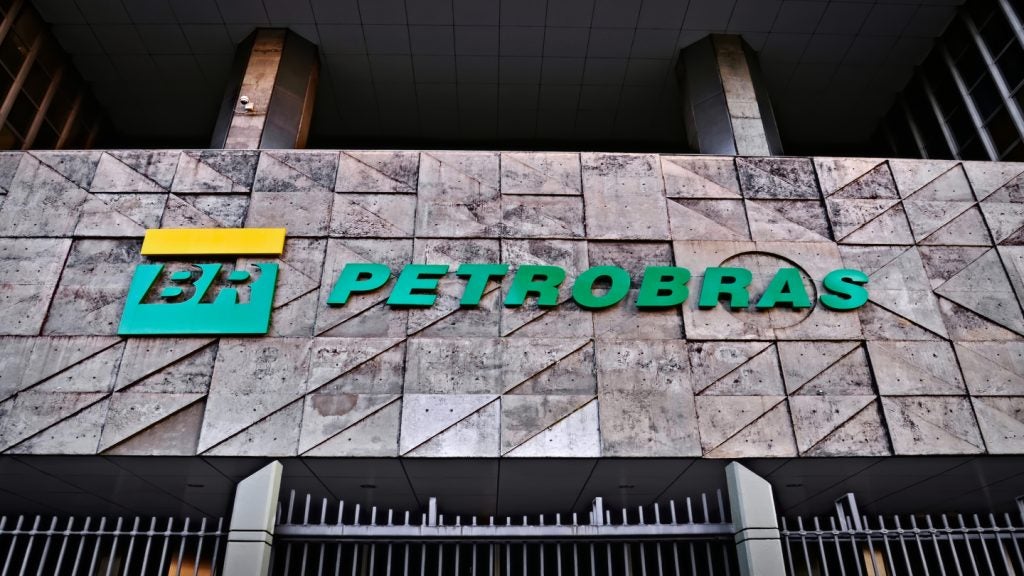The Maria field risks early decommissioning due to the global oil crisis resulting in lower than forecasted fuel prices, according to a report by GlobalData.
Entitled ‘Norway Maria Project Panorama – Oil and Gas Upstream Analysis Report‘, it states that the Maria field’s reserves are larger than those of Edvard Grieg, Ivar Aasen and Goliat making it one of the biggest planned projects in Norway in recent times.
The field is expected to be a significant contributor to the operator’s cash flow to sustain future exploration and development activities when its starts production in 2018.
The development plan of the field comprises a tie-back to infrastructure at Kristin, Heidrun, Asgard and Tyrihans, increasing speculation that timely production from the field will be a challenge as its hosts are already on the decline. Measures are underway to boost production from the declining fields, but reservoir pressure at Kristin field has fallen at an unexpected pace.
The GlobalData report states that time is a crucial factor to achieve greater yield and profitability in a tied-back development. The field will have no capacity for production if the development occurs too early in the host’s lifecycle. In addition, a development occurring at a delayed date will be affected by the host’s imminent decommissioning.
A 20% increase in production or commodity prices would both be expected to significantly transform the Maria field’s remaining net present value, making it more profitable.
How well do you really know your competitors?
Access the most comprehensive Company Profiles on the market, powered by GlobalData. Save hours of research. Gain competitive edge.

Thank you!
Your download email will arrive shortly
Not ready to buy yet? Download a free sample
We are confident about the unique quality of our Company Profiles. However, we want you to make the most beneficial decision for your business, so we offer a free sample that you can download by submitting the below form
By GlobalDataThe development concept for the field was approved in 2014 followed by the approval of the plan for development and operation from the Norwegian authorities in September 2015. The Deepwater Stavanger semi-submersible drill ship will be used for drilling the first development wells under a $175m contract.
Another $300m contract for subsea templates was awarded to Subsea 7, with delivery expected in 2017.







